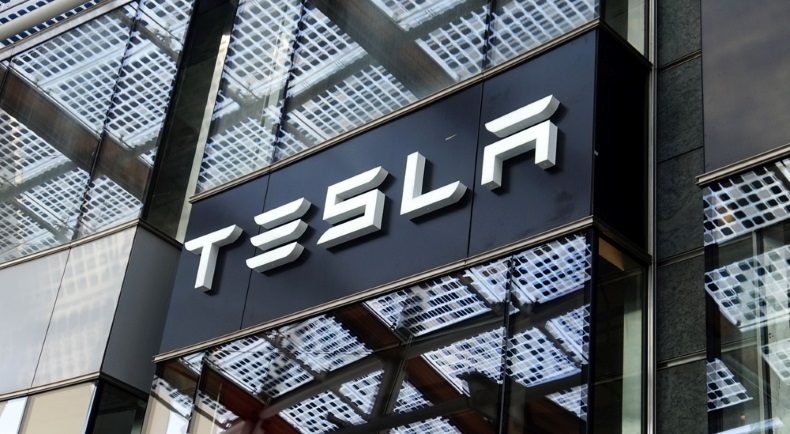Tesla Signs Contract to Build Largest Energy Storage Project in China Despite Trade Tensions with Washington

Tesla announced the signing of an agreement to establish the first grid-level energy storage station in China, aiming to enhance the efficiency of the electrical grid and support renewable energy sources.
The company stated on the Chinese Weibo platform: "The project will help in the flexible adaptation of grid resources and effectively address pressure related to power supply in urban areas".
The company, owned by billionaire Elon Musk, added: "Upon completion, this project is expected to become the largest grid-level energy storage project in China". These storage systems play a vital role in enhancing the stability of the electrical grid, especially with the increasing reliance on solar and wind energy.
According to the Chinese news agency Yicai, the project signing ceremony took place in Shanghai on Friday, June 20, with the participation of Tesla Shanghai, city authorities, and China Kangfu International Leasing Company. The deal involves investments worth 4 billion yuan (approximately 560 million dollars).
Tesla relies on its experience in manufacturing giant storage systems like Megapacks for this project, as its Shanghai factory produced over 100 units of these batteries in the first quarter of this year. Each unit can store one megawatt of energy for four continuous hours, contributing to improving the efficiency of the Chinese electrical grids.
This project comes amid trade tensions between Washington and Beijing, as the countries have not reached a long-term trade agreement after the imposition of tariffs during the tenure of former U.S. President Donald Trump. However, both sides engaged in intensive talks in London earlier this month in an attempt to ease the disputes.
Despite Tesla's historical focus on investing in the United States, where it spent around 44 billion dollars on manufacturing and infrastructure, it continues its global expansion. In the last fiscal year, its capital expenditures amounted to 10 billion dollars, and it plans to invest another 8 billion dollars during the current year.